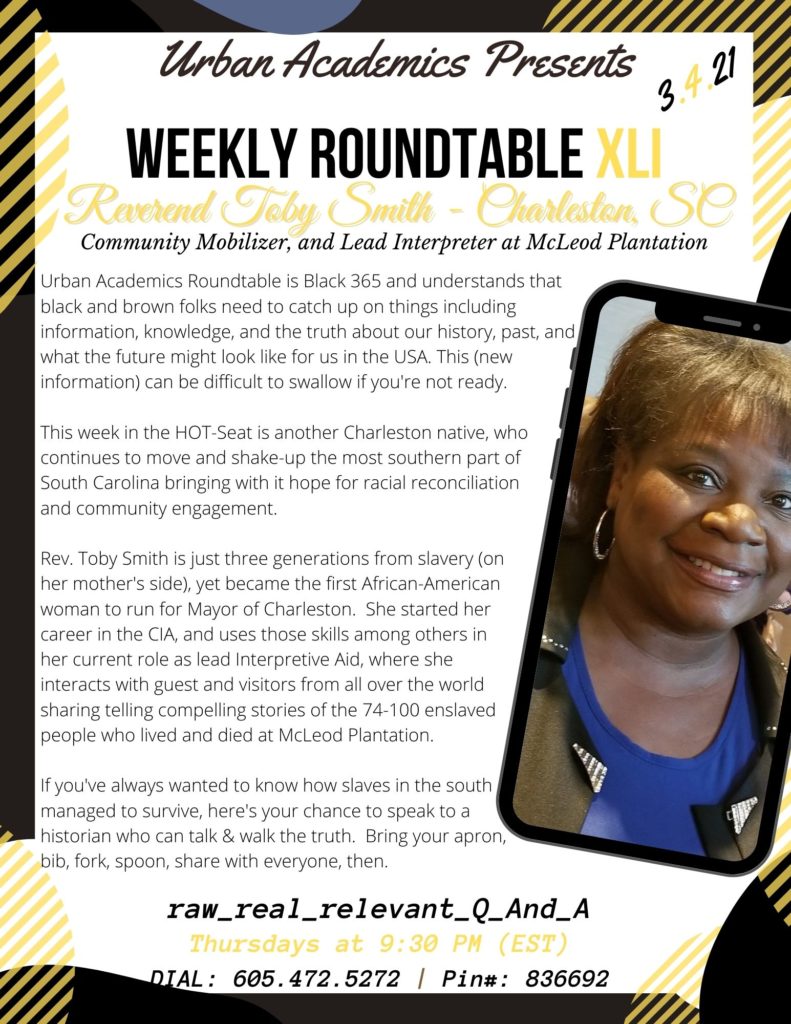If you’re alive right now, it seems as if the thought of slavery is a thing of the past, like hundreds and hundreds of years ago; And while that is true, it really is not! The truth continues to point to these truths: Not every man is created equal and as petty as it may sound, that truth includes the fact that most folks in the United States have been trained to hate on some level causing many black and brown people to be mistreated.
On the surface, it may appear that we as a people are out of control; or simply have lost the way. Here’s the question: If we are not sure where we came from, how shall we ever return to a place where we know the truth. It seems impossible at best to believe we can ever truly experience what the actual slaves lived within the United States, but it goes down in history as having the largest groups of cash crops in the world.
The “experience” as it were, and its lingering effects are considered horrific, yes, but what would be more horrible is if we do not accurately account for these experiences in our voice as documentalists or story-tellers. But that all ends now with this week’s Urban Academics HOT-Seat Chosen Visionary. She spends her days interpreting the experience of 75-100 slaves who lived and died at the McLeod Plantation in Charleston South Carolina.
Three Books You Should Read
- Enduring The Call; A 14 Day Journey, by Jocelyn Fagan ($14.00)
- The ZOLA Experience: A Journey of Recovery From Loss, by Katurah A Bryant, LMFT ($14.99)
- When The Heart Takes Flight, by Carla Yarbrough ($9.99)
Who’s In This Week’s HOT-Seat
Reverend Toby Smith was born in Charleston, South Carolina, but grew up in Philadelphia, Pennsylvania. She’s a graduate of USC, Columbia, and has done graduate work at American University and Colorado Christian University. Toby began her professional career at the Central Intelligence Agency, where she served domestically and abroad.
After eight years with the Federal Government, she returned home and began working at the Charleston County School District as the Public Relations Officer under the leadership of the late Superintendent, Sydney “Chip” Zullinger, who selected her to coordinate the district’s first bond campaign dedicated to repairing old dilapidated schools. That campaign led to politics and, her passion for the political process.
Rev. Smith’s biggest and boldest adventure to date: Commemoration 400, Charleston’s, year-long reflection on the experience of the enslaved and their descendants. Today, Toby is the Lead Interpretive Aide at McLeod Plantation Historic Site; One of two cultural locations in the US presenting slavery issues from the enslaved perspective. In this role, Toby interacts with guests and visitors from all over the world while telling compelling stories of the 74-100 enslaved people who lived and died at McLeod Plantation.

Notable Accomplishments
- FIRSTS: City of Charleston Mayoral Candidate on Racial Reconciliation and engaging communities in need
- FIRSTS: Charleston Metro Credit Union’s First African-American Director of the Affairs Group
- MINISTRY: Licensed Ordained Minister at Mt. Olive Missionary Baptist Church (Rev. Willis Glover, Sr., Pastor)
- SERVICE: Assists the Food and Clothing Ministry
- SERVICE: Executive Director of Midland Park Community Ministries
- SERVICE: Expanded food pantry and clothes closet programming and services to Berkeley, Charleston, and Dorchester Counties
- SERVICE: Non-Profit Grants development and strategy funding
- SERVICE: Non-Profit Grant Reviewer for the Compassion Capital Fund
- SERVICE: Taught financial literacy, first-time homebuyer, pre-and post-bankruptcy, and mortgage default classes throughout the state of South Carolina
- SERVICE: Weekly Bible study, and Sunday School Classes
- SERVICE: Worked with Youth and Women’s Ministries
- Writer: IMARA Woman magazine (Columbia, SC), covering education and financial literacy
Three Things You Should DO
- Buy a Piece of Stock With Lady Kaye Harvey – Robinhood Consultant
- Get Fit & Slay With Sante Monet – First Session FREE
- Your 2020 Taxes With Toni Clark – Experienced Money Manager
Are You New To The Weekly Roundtable
Who should attend? Administrators, Educators, Child Advocates, Entrepreneurs, Guidance Counselors, Mental Health Professionals, Parents, Political Figures, Students, Upward Mobile Professionals, School Systems Interested in Change, Teachers, and People Involved in Motivating Our Students Higher (P.I.M.O.S.H.) Subsidiaries. GRAB a Seat HERE.
Do You Have Questions?
Use the Comments Section Below to ask questions or get in touch with this HOT-Seat Chosen Visionary or the Urban Academics staff. Ask away, and she will get to your questions and quickly as possible.

You can certainly see your skills in the paintings you write. The arena hopes for more passionate writers like you who aren’t afraid to say how they believe. At all times follow your heart. “History is the version of past events that people have decided to agree upon.” by Napoleon.
690977 323150My spouse and I stumbled more than here from a different web site and thought I might as well check things out. I like what I see so now im following you. Look forward to going more than your internet page repeatedly. 458990